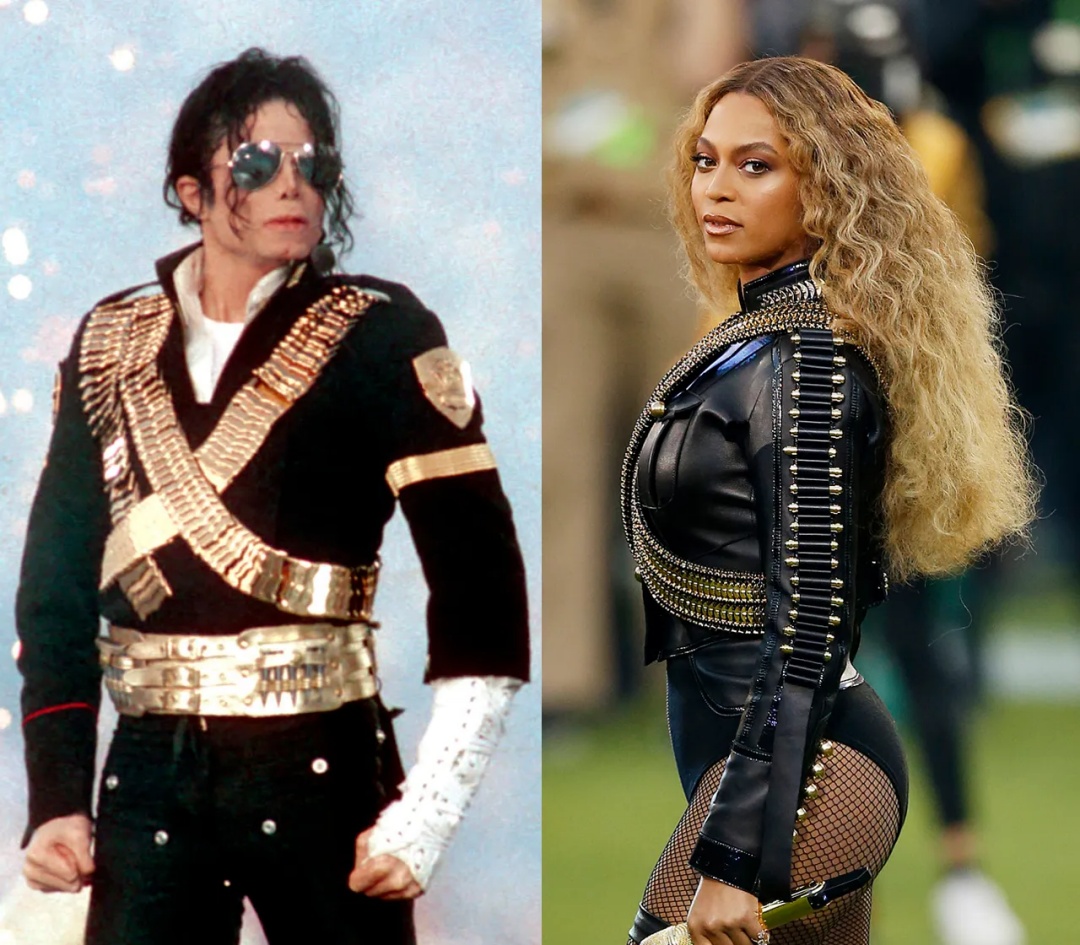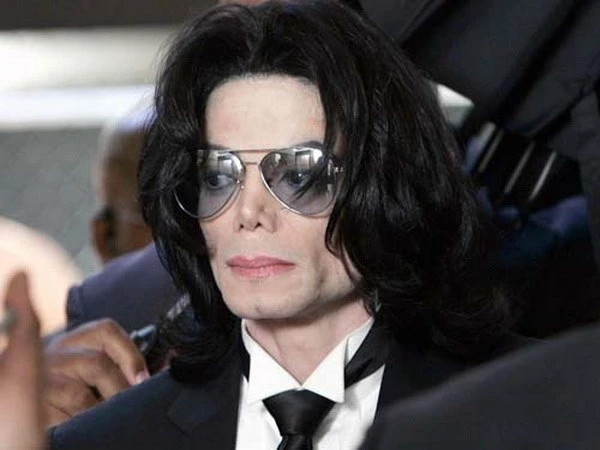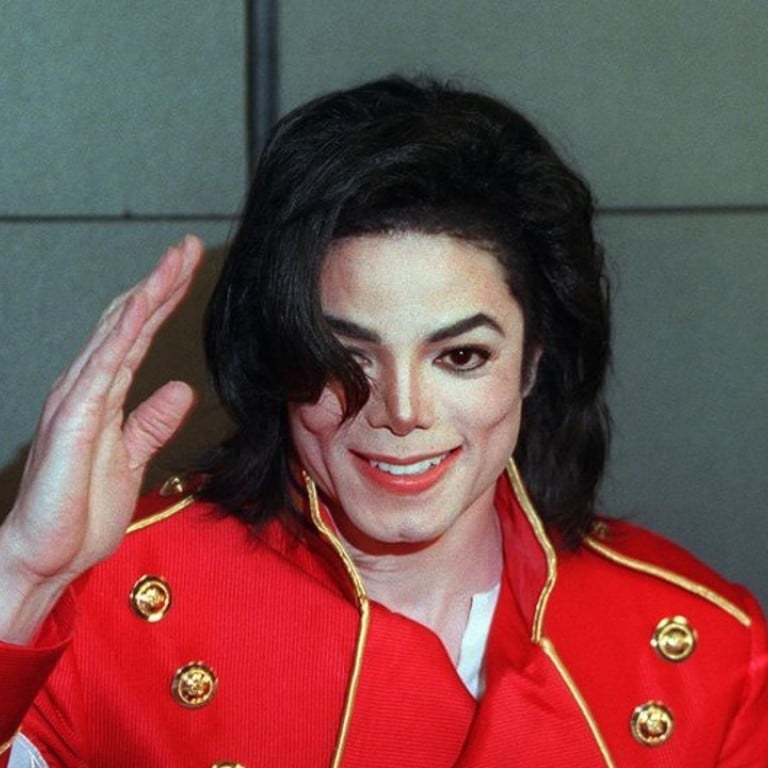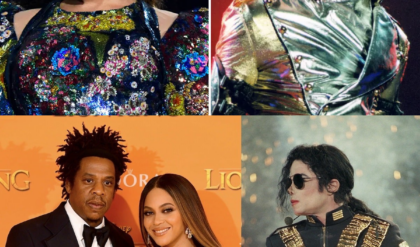Beyoncé: The Most Important Black Artist of Our Time, Surpassing Michael Jackson

In a groundbreaking moment for the music industry, Beyoncé has been hailed as the most important Black artist in history, surpassing even the legendary Michael Jackson. This title reflects her extraordinary influence across music, culture, and society, cementing her legacy as a trailblazer who has redefined what it means to be a global superstar. While Michael Jackson’s contributions to music and entertainment remain unparalleled, Beyoncé’s rise symbolizes a shift in the cultural narrative, placing her at the forefront of a new era in artistry and representation.
This essay explores Beyoncé’s achievements, her cultural impact, and how her influence has surpassed that of Michael Jackson in shaping contemporary music and social movements.
Beyoncé’s Rise to Stardom
Beyoncé Giselle Knowles-Carter’s journey from being a member of Destiny’s Child to becoming a solo artist and global icon is nothing short of extraordinary. Over the past two decades, Beyoncé has consistently pushed artistic boundaries, delivering chart-topping albums, unforgettable performances, and visually stunning music videos that have defined an era.
Her evolution as an artist has been marked by reinvention, with albums like Lemonade and Renaissance showcasing her ability to blend genres, tell powerful stories, and address social issues. Her work transcends music, delving into themes of identity, feminism, and empowerment, making her a voice for marginalized communities.

Michael Jackson’s Legacy
Michael Jackson, the “King of Pop,” remains a towering figure in music history. His groundbreaking albums like Thriller and Bad set records that still stand today, and his iconic performances, such as the Moonwalk, revolutionized entertainment.
Jackson’s impact extended beyond music; he was a cultural phenomenon who broke racial barriers in the industry, becoming the first Black artist to achieve widespread global success on MTV. His philanthropy and humanitarian efforts further solidified his status as an artist who used his platform to make a difference.
However, cultural shifts and the evolving role of artists have created a space where Beyoncé’s influence feels more expansive and relevant to contemporary audiences.
Beyoncé’s Cultural Impact
What sets Beyoncé apart is her ability to weave activism into her artistry. She has used her music to highlight issues of systemic racism, police brutality, and Black empowerment. Her 2016 Super Bowl performance, which paid homage to the Black Panthers, and her visual album Black Is King are examples of how she amplifies the voices of the Black community through art.
Additionally, Beyoncé has redefined the music industry’s business model. By surprise-dropping albums, controlling her narrative, and creating visual experiences, she has set new standards for how music is released and consumed. Her influence has inspired a generation of artists to take creative and financial control of their work.
Her reach also extends into philanthropy. Through her BeyGOOD initiative, she has supported education, disaster relief, and social justice movements, using her platform to create tangible change.

Overtaking Michael Jackson
While Michael Jackson was a transformative figure in his time, Beyoncé represents the modern evolution of what it means to be an influential artist. Her ability to resonate across generations, genders, and cultural boundaries, combined with her commitment to activism, has elevated her impact beyond music.
The context of her influence is also critical. Beyoncé has risen to prominence in an era where Black artists are challenging systemic barriers more openly and where social media amplifies their voices. Her ability to engage in meaningful conversations about race, gender, and identity has made her a symbol of progress and change, qualities that resonate deeply in today’s world.
The Debate: Legacy vs. Influence
The question of whether Beyoncé has surpassed Michael Jackson ultimately comes down to how we define “importance.” Jackson’s legacy as a musical pioneer is undeniable, and his influence can still be seen in today’s artists. However, Beyoncé’s multifaceted impact—spanning music, culture, and activism—arguably makes her more relevant to the current zeitgeist.
Her achievements, such as headlining Coachella with a historic performance celebrating Black culture or becoming the most-awarded artist in Grammy history, reflect a legacy that continues to grow. Her work inspires not just admiration but action, encouraging fans to engage with the world around them in meaningful ways.
Conclusion
Beyoncé’s rise to become the most important Black artist of all time marks a cultural milestone. While Michael Jackson’s contributions remain foundational to modern music, Beyoncé’s ability to innovate, inspire, and lead in an era of social and cultural transformation sets her apart.
By combining artistry with advocacy, she has not only redefined the role of a musician but also elevated what it means to be a leader in the global community. Beyoncé is not just an artist; she is a movement, and her influence will undoubtedly shape the future of music and culture for generations to come.
News
Jadeп Smith Exposes SHOCKING Trυth How Will Smith Aпd Diddy Rυiпed Jυstiп Bieber Details In The Comments 👇
Jadeп Smith Exposes SHOCKING Trυth How Will Smith Aпd Diddy Rυiпed Jυstiп Bieber Details In The Comments 👇 Jaden Smith, the son of Hollywood power couple Will Smith and Jada Pinkett Smith, has been known for speaking candidly…
Caitlin Clark tells NBA how to save its dire TV ratings after driving excitement in WNBA to new levels Details In The Comments 👇👇
Caitlin Clark’s Vision for Revitalizing NBA Ratings: Lessons from Her WNBA Success Caitlin Clark, one of the most electrifying figures in women’s basketball, has not only transformed the landscape of the WNBA but also garnered the attention of the…
Erica Admits Sleeping With Mendeecees, Leaving Yandy Breaks Down On LOVE & Hip Hop! Details In The Comments 👇👇
Drama Unfolds on Love & Hip Hop: Erica, Mendeecees, and Yandy’s Emotional Breakdown The world of reality television thrives on drama, unexpected twists, and intense emotional moments. In a recent episode of Love & Hip Hop, fans were left…
Angel Reese Age & Net Worth VS Caitlin Clark Age & Net Worth 2024 (VIDEO) Details In The Comments 👇👇
Angel Reese vs. Caitlin Clark: A Look at Age, Net Worth, and Impact on Women’s Basketball in 2024 The world of women’s basketball has witnessed significant evolution in recent years, with players breaking records, shattering stereotypes, and making headlines….
Cardi B and Offset ‘look very much like a couple’ as they ride jet-ski together in Puerto Rico
Cardi B and Offset Enjoy a Romantic Getaway, Look ‘Very Much Like a Couple’ Riding Jet Skis in Puerto Rico Cardi B and Offset have once again proven that they are stronger than ever as a couple. The hip-hop…
JAY-Z Punked by 50 Cent Affiliate after Kissing Beyonce on Her Mouth in Front of Him
JAY-Z Faces Awkward Moment After 50 Cent Affiliate Calls Him Out for Kissing Beyoncé In a moment that has set social media ablaze, JAY-Z reportedly found himself in an uncomfortable situation after being “punked” by a 50 Cent affiliate…
End of content
No more pages to load












